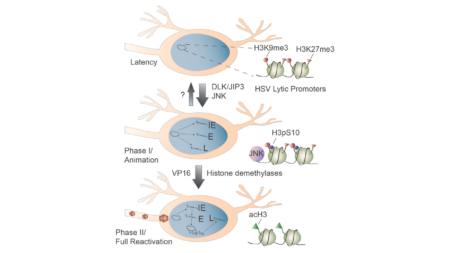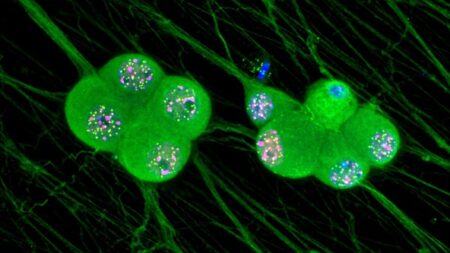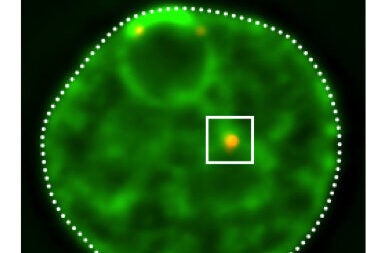Sara wins the Peach Award for outstanding graduate student in BIMS!
April 2024. The hugestest congratulations to Sara Dochnal for being award the UVA BIMS Michael J. Peach Outstanding Graduate Student award! This award is given to a graduate student who…- Education
- Research
- Clinical
- Clinical Home
- Anesthesiology
- Dermatology
- Emergency Medicine
- Family Medicine
- Medicine
- Neurology
- Neurosurgery
- Obstetrics & Gynecology
- Ophthalmology
- Orthopaedic Surgery
- Otolaryngology
- Pathology
- Pediatrics
- Physical Medicine & Rehabilitation
- Plastic Surgery, Maxillofacial, & Oral Health
- Psychiatry & Neurobehavioral Sciences
- Radiation Oncology
- Radiology & Medical Imaging
- Surgery
- Urology
- UVA Health: Patient Care
- Faculty
- News
- About



